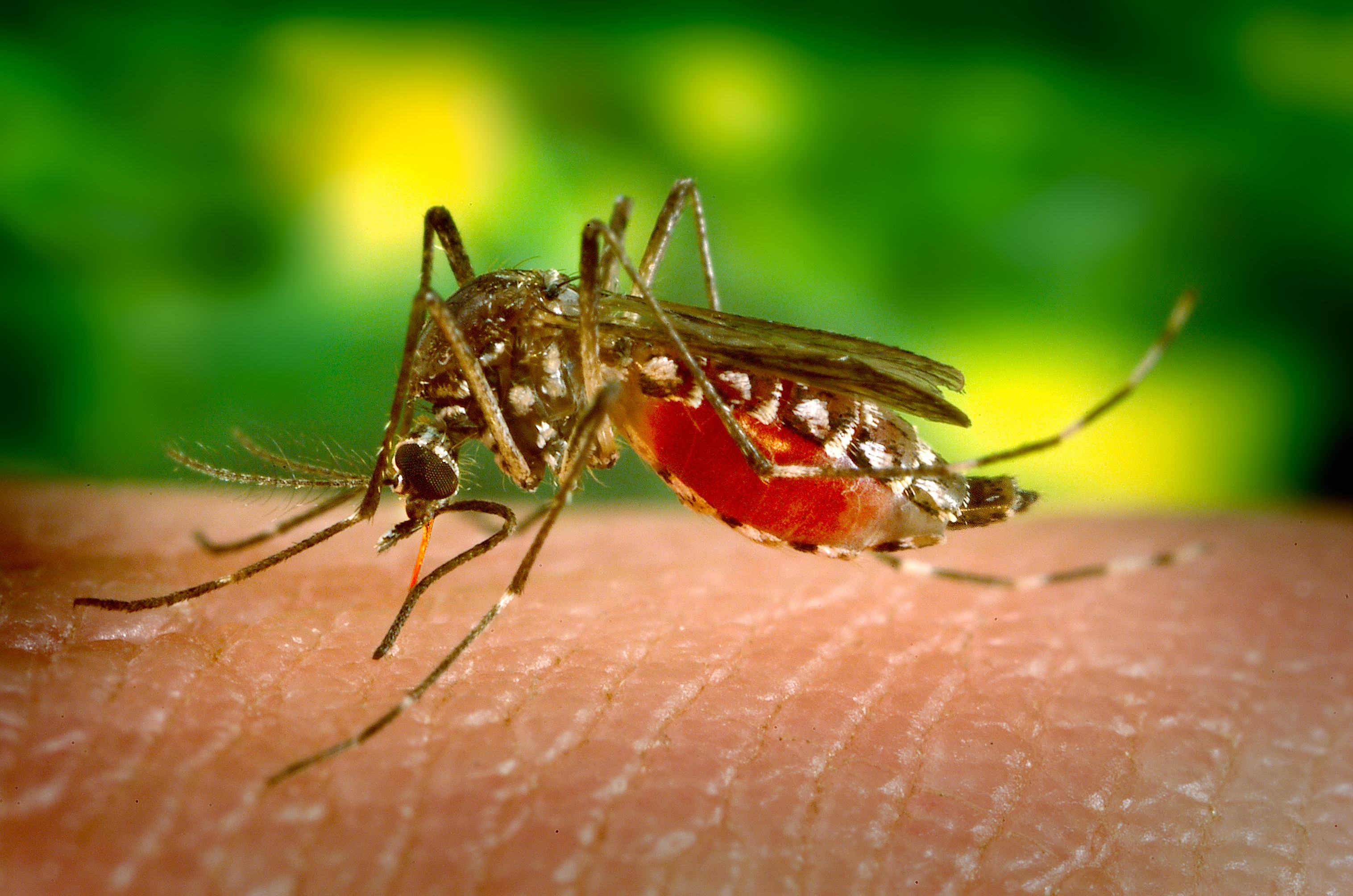
Hawaii’s Department of Health is investigating cases of dengue fever, a virus-based disease spread by mosquitoes. Residents are reminded to eliminate breeding grounds for mosquitoes, which include tires, bottles or cans, trash, clogged roof gutters, flower pots, water-containing plants and/or any other item that can hold water.
If you notice mosquito breeding grounds around your home or office and cannot control the population on your own, please submit a work order. For family housing, call (808) 457-4075. For barracks and office facilities, submit a work order online at https://www.armymaintenance.com/.
To learn more about dengue fever, visit http://health.hawaii.gov/about/information-on-dengue-fever-mosquito-control/, or call Tripler Army Medical Center's Department of Preventive Medicine at (808) 433-9944.
Facts About Dengue Fever
Transmission: Dengue fever is a viral illness spread by mosquitoes. It cannot be spread from person to person. The disease occurs mainly in tropical Asia, Africa, the Caribbean and the South Pacific. It is most common during the rainy season in areas infested with infected mosquitoes.
Symptoms: Some of the symptoms of dengue fever include sudden onset of fever, severe headaches, eye, joint and muscle pain, nausea, vomiting and rash. The rash typically appears on the hands, arms, legs and feet three to four days after the fever begins. Younger children tend to have a milder illness than older children and adults and they may show no symptoms. The symptoms usually start five to six days after being bitten by infected mosquitoes, but the onset can range from two to 15 days. If you have any of these symptoms accompanied by high fever, please contact your health care provider for evaluation.
Treatment: There is no specific treatment for dengue fever. Bed rest and acetaminophen to treat fever and pain are recommended. Aspirin and NSAIDS (ibuprofen, naproxen) are not recommended as they can make bleeding problems worse. There is currently no vaccine for dengue fever.
Surveillance: The Tri-service Preventive Medicine Departments (Air Force, Army and Navy) and Hawaii's Department of Health have increased their vector surveillance program. There is ongoing dialogue with health care providers to identify and mitigate disease spread.
Steps to Take
The following steps can help you and your family protect against contracting dengue fever:
- Apply repellent containing DEET to skin or clothing
- Repair windows and door screens
- Remove, repair or empty anything that collects rainwater, e.g., buckets, cans, bottles, plants, unused tires
- Empty and clean animal-watering containers at least once a week
- Wear lighter-colored clothing that covers and protects skin from biting mosquitoes




